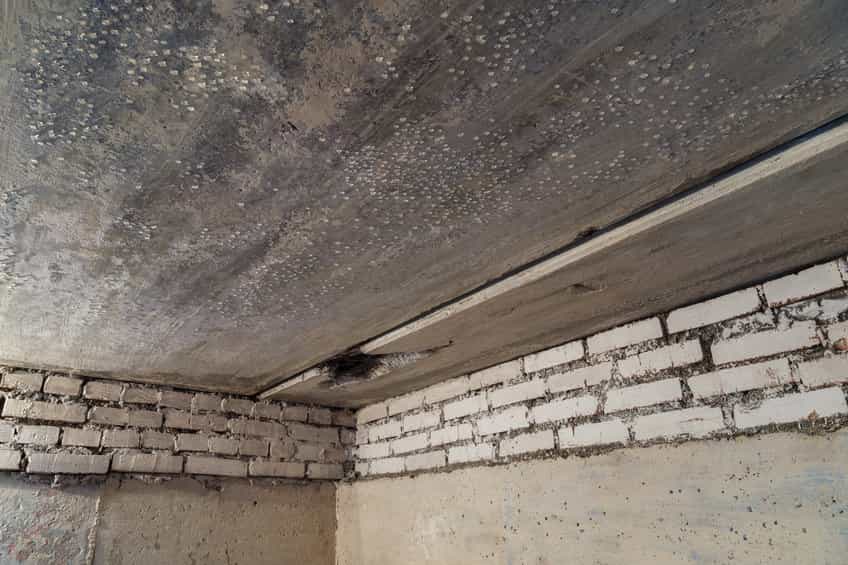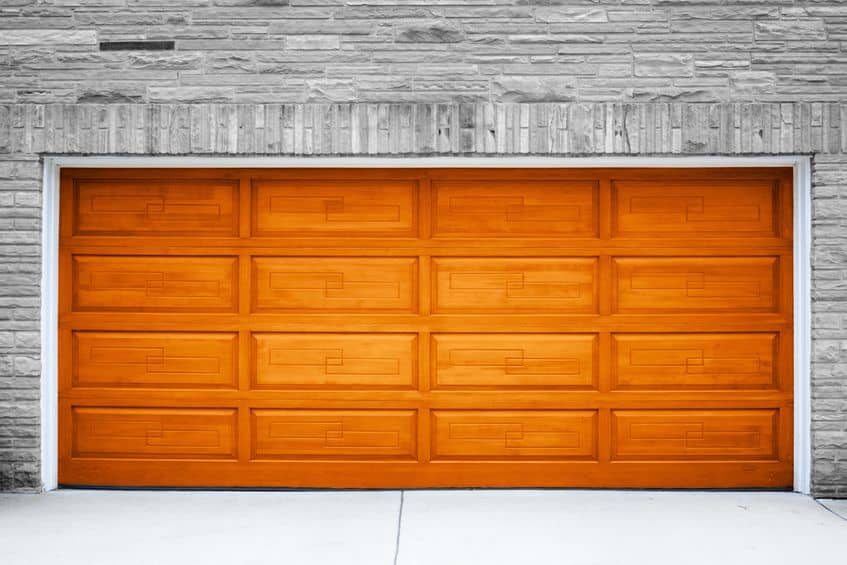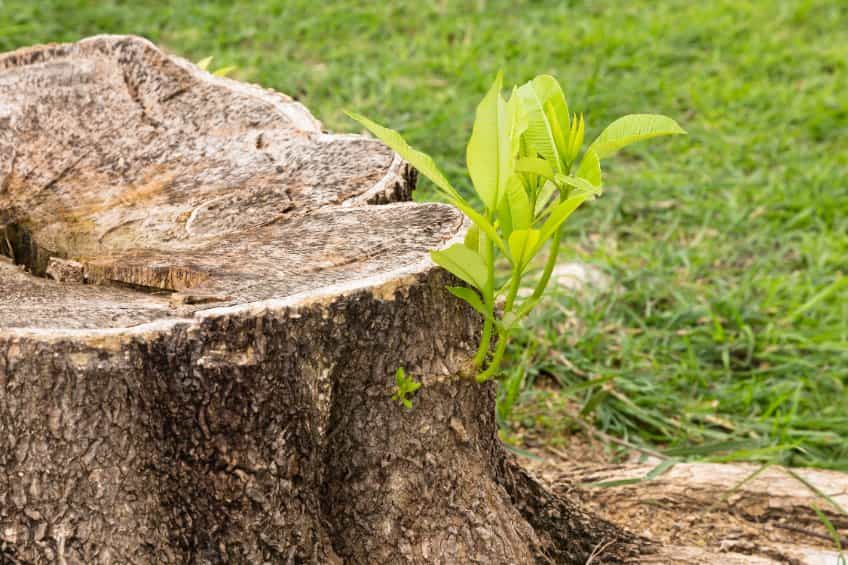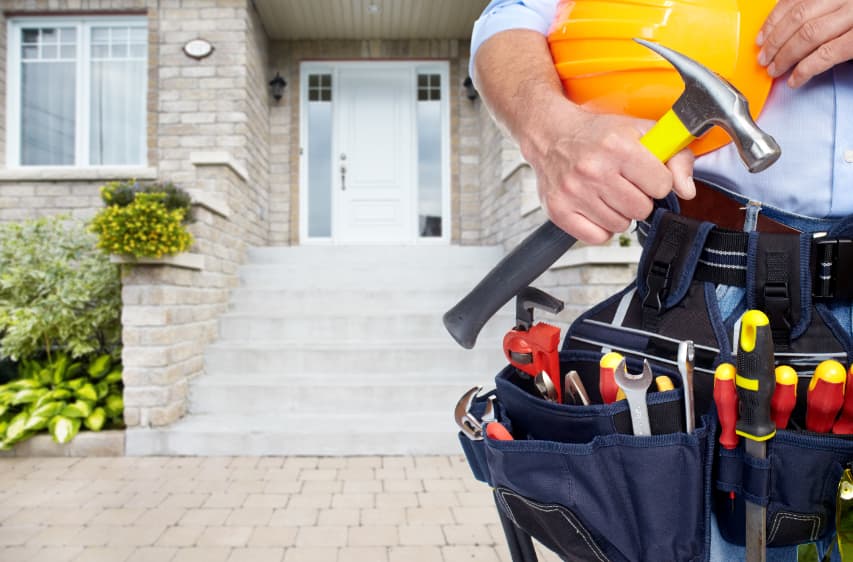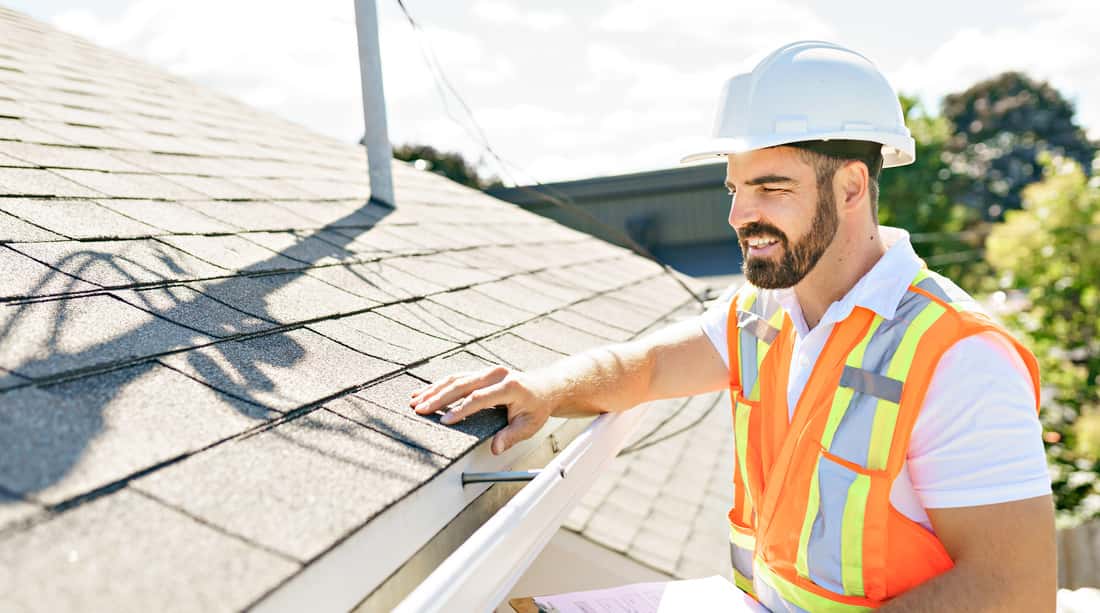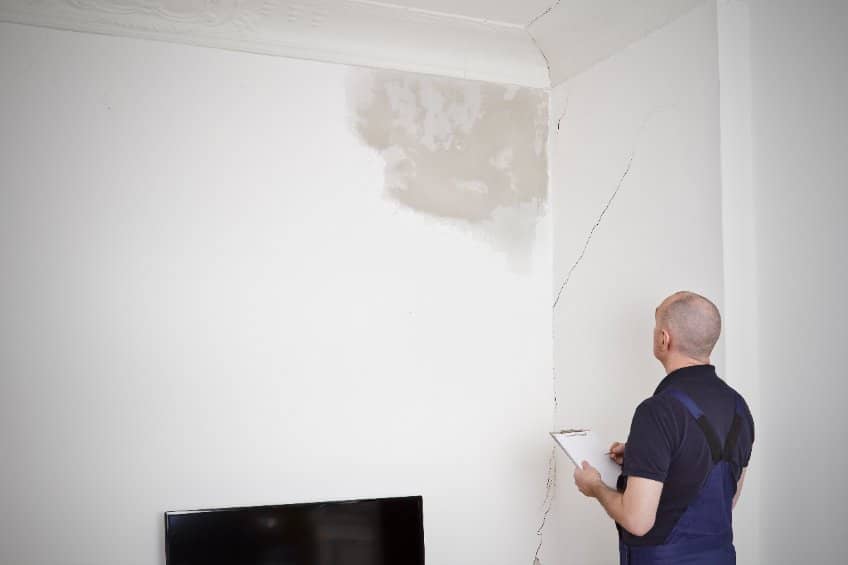Basement waterproofing in Indianapolis is an excellent investment! Waterproofing protects foundation concrete, prolonging its overall lifespan. Additionally, a waterproof basement means safer storage for appliances and other household goods and is ready for finishing!
However, even with all these benefits, a homeowner especially might wonder if waterproofing is necessary.
With this in mind, note some added information about basement waterproofing
overall. You can then discuss this option with a waterproofing expert near you,
and know your property is in good repair! Click here to learn more about basement proofing services.
Is Waterproofing a Basement Worth It?
There are many reasons why you should consider waterproofing a basement space! One reason is that waterproofing protects concrete walls and floors from cracking and spalling. Two, waterproofing helps keep moisture away from cracks that have already formed, preventing them from growing. With this in mind, check out some additional details about why waterproofing is so vital for your home:
Drywall and structural framing absorb water seeping into a basement, risking wood rot along rafters and joists. This can risk wood cracking and other serious repair issues.
- Drywall and structural framing absorb water seeping into a basement, risking wood rot along rafters and joists. This can risk wood cracking and other serious repair issues.
- Water seeping into a basement also increases the risk of mold growth behind walls. Mold is not only unhealthy, but it also softens wood, risking structural damage.
- Damp basements attract rodents and insects looking for a water source. Waterproofing helps keep out those unwanted, damaging pests!
- Waterproofing protects appliances such as a furnace and water heater from premature rust and corrosion. A damp basement also risks damage to items stored in the space, even if they’re in plastic or rubber totes and bins.
- Without proper waterproofing, your basement might smell musty and otherwise unpleasant!
In some cases, waterproofing might even raise property values. At the very least, it can make your home more attractive to buyers, versus homes without proper waterproofing.
How Do I Know If I Need Basement Waterproofing in Indianapolis?
Waterproofing is a great choice for any basement, no matter its overall condition. However, note some indications that it would be especially useful for your property in particular. First, dampness in the basement indicates that you should schedule waterproofing! Next, note premature rust on appliances or water damage to items stored in the space.
Additionally, standing water almost always indicates a foundation leak or needed waterproofing! If you’ve ruled out a plumbing leak or other such cause, call a foundation repair contractor to check on standing water issues. Also, mold along walls and other surfaces usually indicates a foundation leak and needed repairs and waterproofing.
Overly moist soil on a property also increases the risk of basement leaks and water damage. If you know your property holds moisture, schedule basement waterproofing as a precaution.
Additionally, you might schedule waterproofing if there are nearby wells, septic tanks, buried water tanks, and other water sources. Basement waterproofing in Indianapolis means an added layer of protection in case they should get damaged and then flood!
How Much Does It Normally Cost to Waterproof a Basement?
Basement waterproofing in Indianapolis usually averages between $1600 and $6000. Many contractors charge by the basement size, with prices ranging from $3 to $10 per square foot. Note that higher-end prices might indicate better quality materials that block moisture more effectively and last longer. In turn, paying a higher price can mean not having to repeat the service as often over the life of home ownership!
Also, note that basement waterproofing doesn’t always mean just adding a waterproof coating to walls and floors. For example, a contractor might recommend a sump pump installation, for properties prone to flooding or with poor grading. Sump pump installation usually averages between $500 and $1000.
In the same way, a contractor might recommend a French drain system along your property or better soil grading. These simple steps protect a basement from water damage but add to your
waterproofing costs.
Can You Waterproof a Basement Yourself?
Homeowners certainly can waterproof a basement themselves, although it’s still recommended that you contact a foundation contractor for an inspection first. He or she can spot signs of damage in basement concrete more readily than most homeowners! In turn, they can schedule needed repairs and keep that damage from getting worse.
Additionally, a contractor can suggest high-quality waterproofing solutions that homeowners might overlook.
This can include soil grading, a high-quality dehumidifier, or a retainer wall outside your home. These all help to keep water away from a basement in the first place!
However, if you do want to apply a waterproofing solution to your property’s basement, invest in a product meant for the job such as DRYLOK or liquid rubber. First clean the entire wall and floor needing waterproofing. Next, patch any visible cracks with polyurethane filler meant for foundations.
Lastly, apply your waterproof coating according to package directions. Use a roller to cover larger areas,
ensuring it seeps into all those pits and pores along concrete surfaces. Also, you’ll probably want to apply two coats, to ensure adequate protection for your home.
How Do You Keep a Basement Dry?
In addition to waterproof coatings, consider purchasing a high-quality dehumidifier for the space. Ensure it’s not too strong for your basement, as concrete does need some moisture to stay intact! Also, you’ll want to empty the dehumidifier as needed, so don’t overlook that vital maintenance.
Note, too, that air circulation helps keep any space dry. One reason basements often get damp and musty is the lack of adequate circulation. Ventilation systems help circulate fresh air in the space while removing damp air. Fresh air circulation can also help remove bothersome odors from your home’s basement!
Also, you might not associate your home’s gutters with a damp basement. However, clogged gutters lead to rainwater washing over their sides and then collecting around the home’s perimeter. In turn, basement concrete absorbs that water and risks interior dampness.
Lastly, remember that a foundation repair contractor can note other steps to take besides basement waterproofing in Indianapolis. He or she might note if a dehumidifier is sufficient or if you might need to address plumbing leaks. These simple steps ensure a clean, dry basement space.
